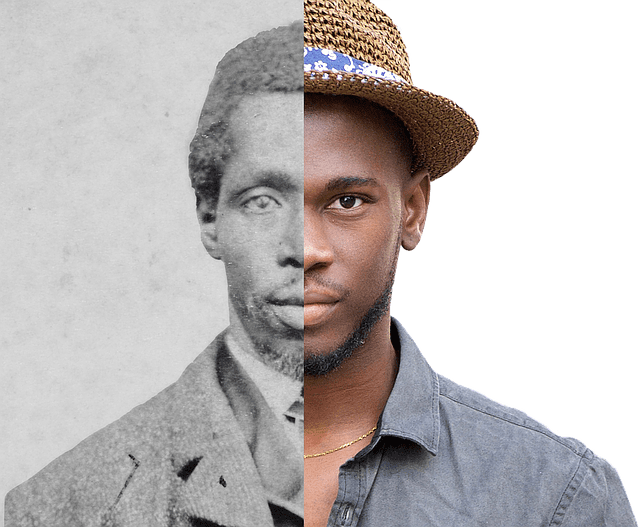
Philosopher George Santayana claimed that “Those who cannot remember the past are condemned to repeat it.” This statement is often taken to mean that we should study and learn from the past so we don’t repeat history’s mistakes. While it is vitally important to understand history so as not to repeat its mistakes, we should also study history so as to celebrate stories of excellence and build on history’s successes. This is certainly true when reflecting on Black History Month.
Here I call to mind an interview earlier this week with Dr. Jessica Taylor, Vice-President of Diversity and Inclusion at Multnomah University in Portland, Oregon. Dr. Taylor spoke of the need to learn where African Americans have come from so as to know where to go, to repeat “Black excellence,” including “people taking a stand or making a difference in their context” (Refer to the video interview with Dr. Taylor included here in this post).
One of the individuals who came to mind when recounting Dr. Taylor’s reflection on excellence and taking a stand was Rosa Parks (1913-2005). You will likely recall that Ms. Parks was the African American woman who famously refused to leave her seat for a white man on a public bus in Montgomery, Alabama in 1955. Her action is viewed as a pivotal moment in the Civil Rights movement. Rosa Parks recounts the reason for refusing to stand. It was not that she was physically tired, as people often think. No, she was tired of giving in to injustice:
People always said that I didn’t give up my seat because I was tired, but that isn’t true. I was not tired physically, or no more tired than I usually was at the end of a working day…I was not old, although some people have an image of me as being old then. I was forty-two. No, the only tired I was, was tired of giving in.
Ms. Parks went to jail for her refusal to get up from her seat. When released, she was asked to serve as a plaintiff in a class action suit against Montgomery’s Jim Crow laws of segregation. Agreeing to do so would expose her and her family to ridicule, the loss of work, and possibly the loss of life. But after pondering the risks, she agreed to do so: “I was determined to achieve the total freedom that our history lessons taught us we were entitled to…no matter what the sacrifice.”
I often think of Rosa Parks’ life and her stand for justice when driving past Rosa Parks Way on I-5 in Portland, Oregon. I am glad that her name graces a major thoroughfare in the city. Ms. Parks’ courage and resilience have much to teach all of us today, as we celebrate Black History Month and stories of excellence in the African American community past and present. But education and celebration is not enough. As Dr. Taylor made clear, Black History Month gives us opportunity to have significant conversations that hopefully will move us to action the rest of the year. May these stories inspire us to stand up for justice and pave the way for an equitable future for all.












